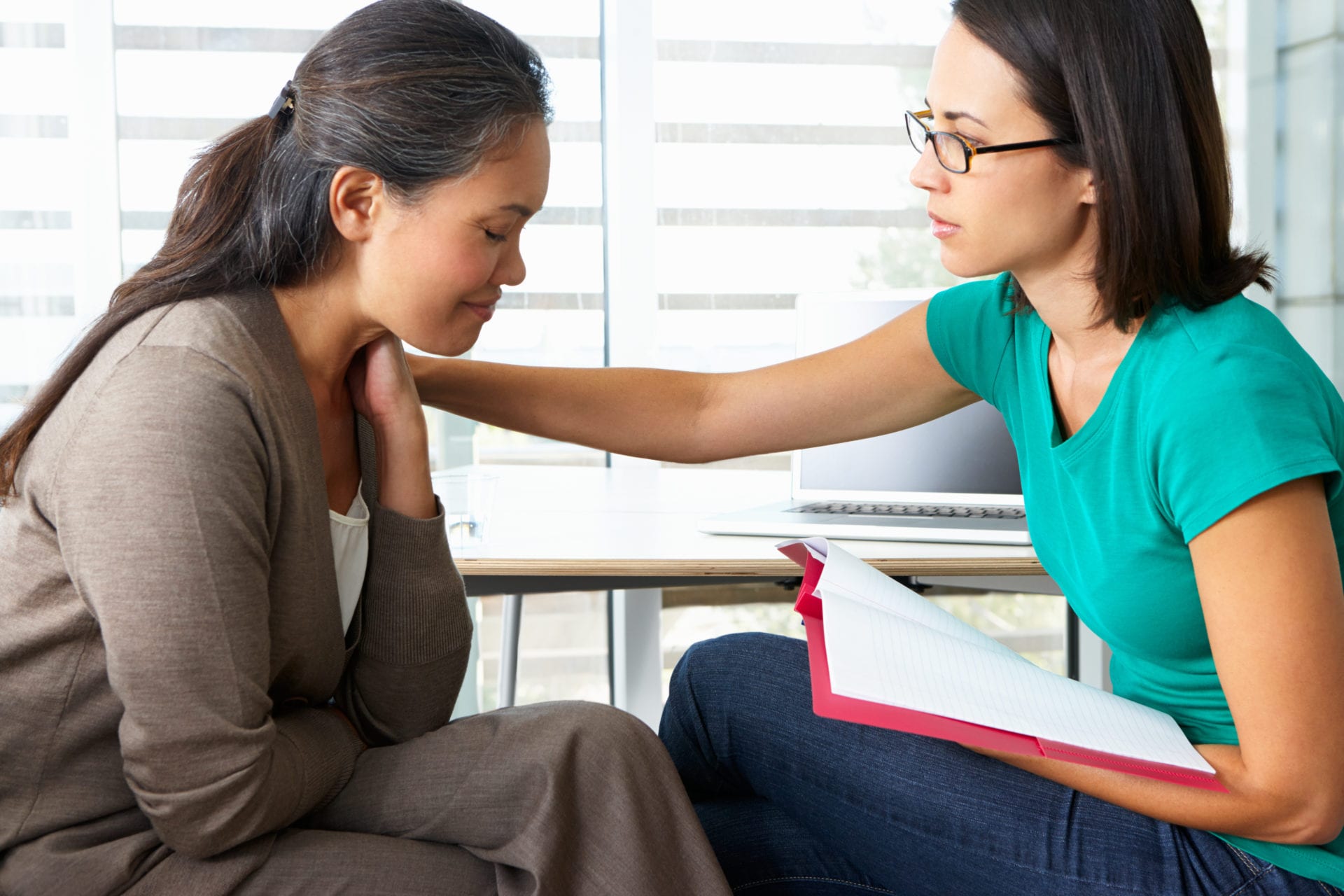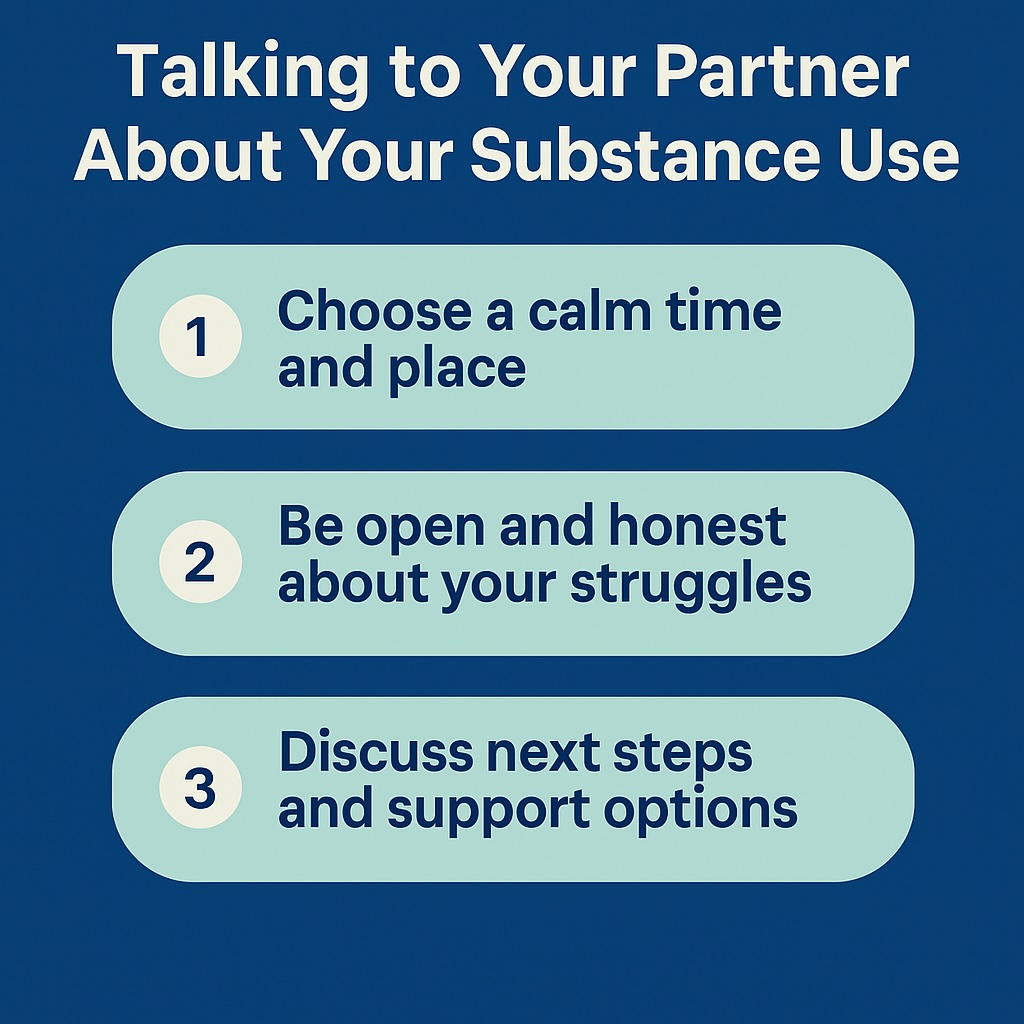Substance abuse treatment programs are increasingly adopting more individual-centered approaches to treating substance abuse. This comes on the heels of a deeper understanding of how substance abuse affects people differently, especially as it concerns women.
You might be surprised to know that women have a different experience with substance abuse.
Research has shown that substance abuse affects women in a significantly different way than it does men. Therefore, if women are to be fully treated for substance abuse, they need a treatment program designed to tackle the peculiar differences they face.
This is why one of Anchored Tides Recovery founding principles is treatment for women by women.
What Is a Substance Abuse Program?
A substance abuse program is a treatment process designed to help people with substance abuse problems. Substance abuse programs have two major components:
- A medical component
- Therapeutic component
Both components, when combined, make for an effective treatment for substance dependence or addiction. In the medical aspect of substance abuse treatment, drugs are used to manage detoxification symptoms, especially in cases of certain substances like opioids.
The therapeutic aspect of the treatment process aims to teach recovering addicts how to understand themselves and understand their triggers to prevent a drug or alcohol relapse.
Different Types of Substance Abuse Treatment Programs
There are various substance abuse treatment programs, but there is no one-size-fits-all program. This is because the effects of substance abuse differ amongst individuals differ, and so treatment programs must be as individualistic as possible to cater to peculiarities.
As a result of that, there are various treatment programs designed to cater to everyone’s needs.
-
Inpatient Treatment Program
Just like its name implies, people in an inpatient treatment program have to stay within the facilities to receive treatment, and it typically lasts between a few weeks to a few months.
-
Outpatient Treatment
In an outpatient treatment program, the patient commutes to the treatment center from his home. Also, an outpatient treatment program lasts a few weeks and costs less than inpatient treatment.
-
Individual Counseling
Individual counseling provides an opportunity for the patient and the therapist to discuss strategies that help them reintegrate into society and maintain sobriety. It is during individual counseling that the patient learns techniques that help them manage their triggers. Individual counseling occurs at both inpatient and outpatient treatment.
-
Group Counseling
As important as individualized counseling is to a patient’s continued sobriety, group counseling is equally important. Group counseling reinforces the techniques learned in individualized counseling. Group counseling also provides a community of sober individuals the patients can fall back to.
Why Seek Addiction Treatment at Anchored Tides Recovery?
Choosing an addiction treatment program can seem quite daunting. There are so many programs available, and they all may seem like they’re right for you.
The biggest thing that sets us apart at Anchored Tides Recovery from other treatment centers is we provide addiction treatment for women, by women. Our staff truly understands how substance abuse affects women specifically and how to treat it properly. We also know the importance of harnessing the power of women recovering together.
Aside from getting help from people who understand your addiction as much (or maybe even better than you do), we’re located in beautiful Huntington Beach, CA. There is plenty to do in the surrounding area during and after treatment.
Reach Out to Us Today
Anchored Tides Recovery is a substance abuse treatment program located in Huntington Beach, that focuses on treating only women. We offer various types of outpatient treatment programs to ensure our clients are set up for long term sobriety. Reach out to us today for help with your addiction!







































